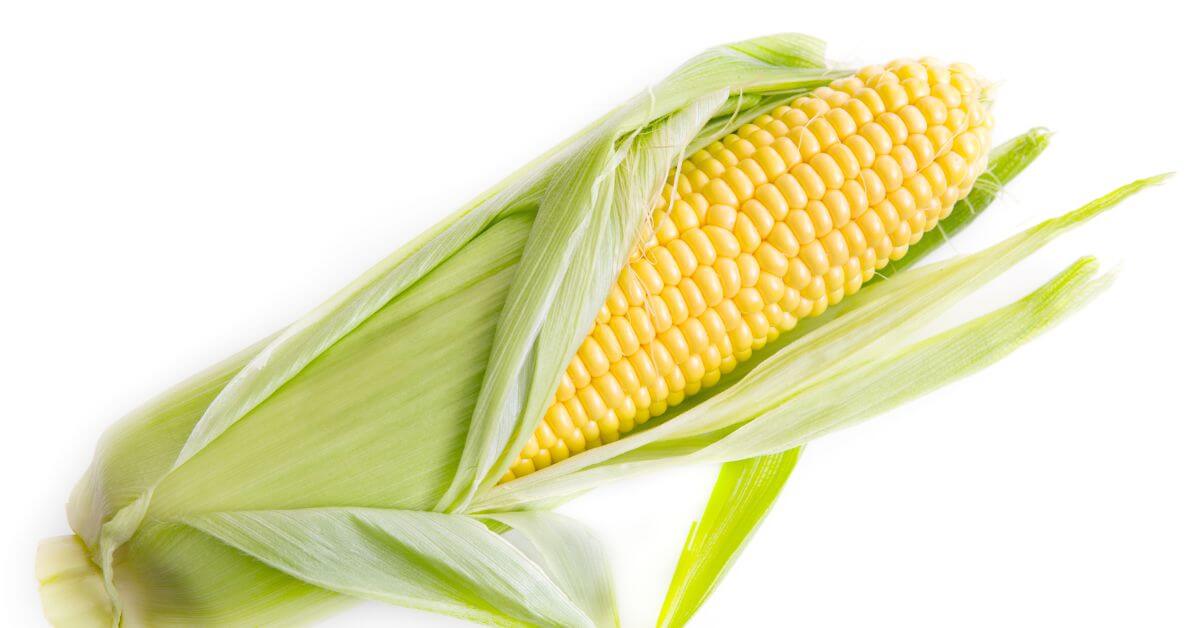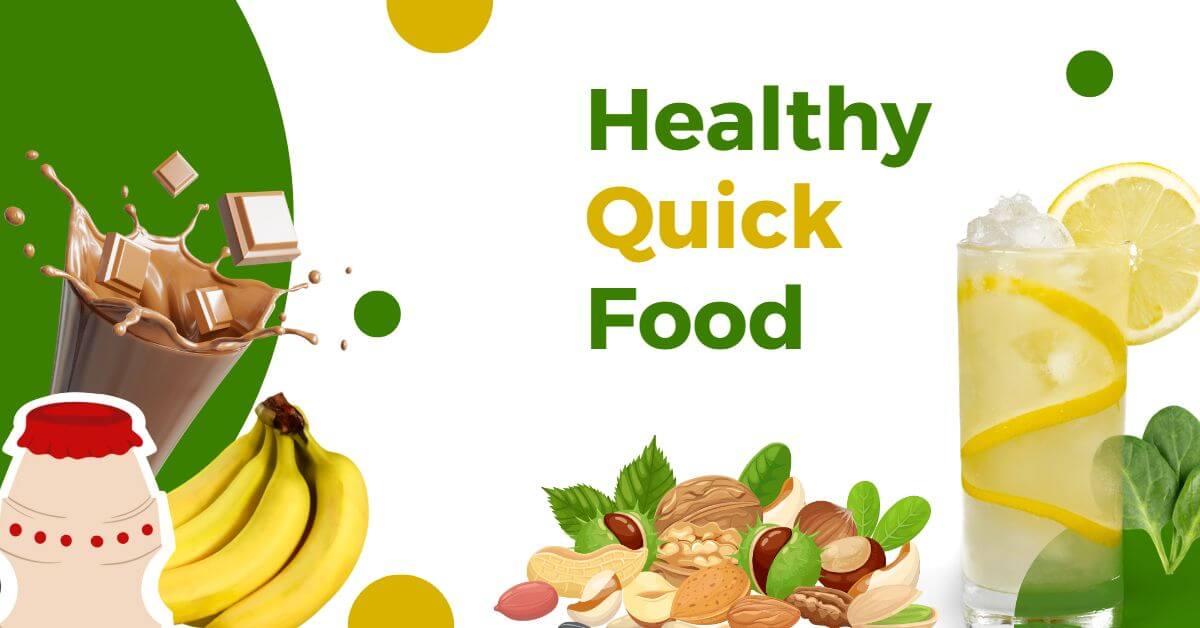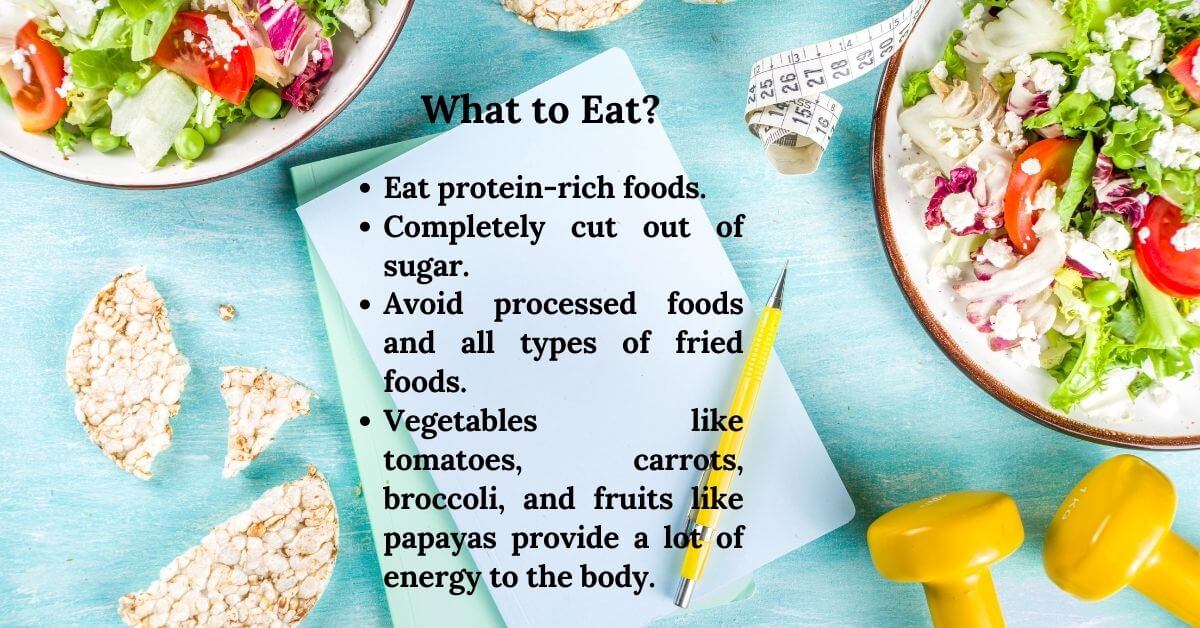Addiction to sugar and junk food may surprise you to hear this. Usually, we include alcohol, cigarettes, drugs, etc. in addiction, which harms our health a lot. One more addiction has now been added to our hectic life. Which includes sugar and junk food. Which harms our health a lot. how to stop eating junk food and sugar. Its excessive consumption is very dangerous for our health. Getting rid of these addictions is also very important for leading a healthy and sustainable lifestyle. Excessive consumption of sugar and junk food harms our physical and mental development.
Why is the prevalence of sugar and junk food addiction increasing so much?
Junk food is very convenient for people as it is usually available very easily and at a very low cost. Due to this, its popularity has increased a lot. Due to the availability and convenience of junk food in the market, it is being widely used. Also, it involves a powerful marketing structure Junk food is heavily marketed for consumption. But we have to know what is right for our health. We should not consume anything that harms the body or health by any such influence.
How does excessive sugar and junk food consumption affect our health?
Consumption of sugar and junk food poses numerous risks to our physical and mental health. , from a physical point of view, obesity, diabetes, heart disease, bone-related diseases, kidney-related diseases, and many chronic diseases are included.
Psychologically, it negatively affects our mental development, energy, mood, and our thinking style.
Why is it necessary to get rid of this addiction? How to Stop Eating Junk Food?
Getting rid of excess sugar and junk food addiction is very important. It is also important to regain control over one’s health and increase inner mental happiness. Giving up all these things is very important to boost your body’s immunity level, maintain a stable mood, increase mental clarity, and also maintain a healthy weight. A good diet leads us to positivity. It also provides good health
How do I stop my sugar and junk food addiction?
Sugar and junk food weaken us physically and mentally in the long run. Hence we must stay away from it. But nowadays we are surrounded by all these things so we can’t stay away from them completely. But it is not impossible. If you try to stay away from these things with discipline you will be able to eliminate them eventually.. then you can use the below-mentioned factors for that.
A nutritious diet
A nutritious diet is very important for good health. Include nutritious foods in your diet. A nutritious diet not only provides energy to our bodies but also keeps our minds healthy. A healthy diet is needed to cultivate positivity in us. Any diet can fill your stomach and provide energy to work but a healthy diet leads to your immunity and positive lifestyle.
Exercise and physical activity
Exercise is an essential ingredient in breaking any kind of addiction. Engaging in regular physical activity is a powerful tool for breaking the pattern of addiction. Which works to keep you away from distracting things and activities. It also releases happy hormones i.e. endorphins. Incorporate fun and activities you enjoy into your daily routine. This activity will help and motivate you to stay committed to the healthy lifestyle you have decided to pursue.
Quality sleep
Lack of sleep can impair your judgment or even increase addiction. Hence getting quality sleep is very essential. Lack of sleep also disrupts your hormone balance, which contributes to the increase of your addiction. Thus improving your sleep quality is very important. For this, you can make your daily routine regular.
Conclusion
Breaking away from sugar and junk food addiction is a path toward a happier life that requires concentration, determination, and dedication. It is very important to understand that only we can take care of our health. Sugar and junk food may seem great now, but it is very important to know that consuming too much of it is very dangerous to our health in the long run. So by focusing on a nutritious diet, physical activity, and quality sleep, you can control it. A healthy and sustainable lifestyle, breaking free from addiction is an investment in long-term health and well-being. Take back control of your life and take a healthier path.
Questions & Answers
1. Is it possible to have a moderate sugar and junk food intake?
Small amounts of sugar or junk food can trigger your cravings, or even relapse into an addictive pattern. Hence, to break free from this addiction and establish healthy habits, it is more beneficial to eliminate or significantly reduce the consumption of these foods.
2. Can I still enjoy sugary and junk foods in moderation?
Yes, you can enjoy junk food and sweets. they also have healthy food options. To take information and take care of its usage.
3. How long does it take to break the addiction?
Breaking any kind of habit may take some time but it depends on factors like the mindset of the person, his support system, his dependency, etc. Breaking any addiction is a gradual process that requires commitment and persistence towards the thing.
4. Can some people be genetically predisposed to sugar addiction?
Yes, this type of addiction can be a genetic predisposition. But it can be overcome with proper determination and healthy ones.







